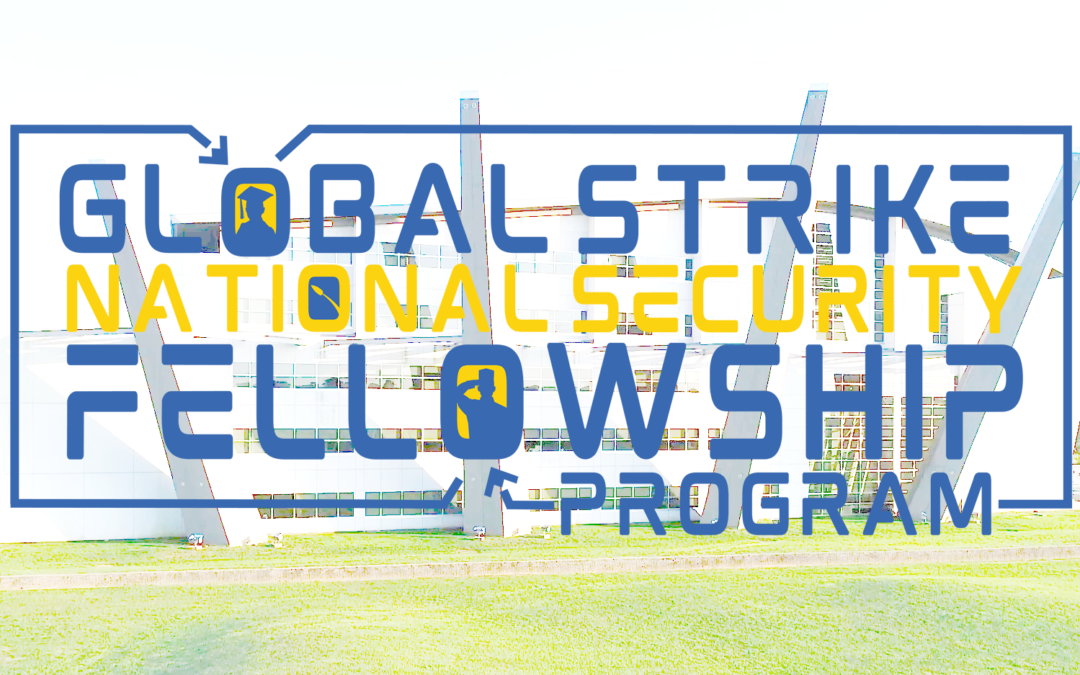By Sean Green | STRIKEWERX Marketing and Communication Director
BOSSIER CITY, La. — Louisiana Tech University students are applying academic knowledge to real-world Department of Defense projects via the Global Strike National Security Fellowship Program.
The fellowship program is a cooperative effort between Air Force Global Strike Command, the Cyber Innovation Center and the Louisiana Tech Applied Research Corporation.
The endeavor is funded through AFGSC’s Partnership Intermediary Agreement with the CIC to provide students in science, technology, engineering, mathematics and similar disciplines an opportunity to tackle specific Air Force challenges.
“This Fellowship program benefits AFGSC via leverage of highly skilled local talent to address complex problems at a lower cost than traditional government contractors while simultaneously getting a year-long opportunity to recruit these fellows following graduation,” said Dr. Sumeet Dua, Fellowship program lead for LTARC.. “The fellows, in turn, are afforded a unique opportunity to put knowledge gained through their studies into practice, as they solve real-world problems that impact national security.”
Ten students for year three of the fellowship presented their respective project findings to the AFGSC Office of the Chief Scientist May 9 at the CIC. The fellowship year three projects are:
- The Striker Data Analytics Platform (SDAP) provides AFGSC leaders data-driven products to manage personnel.
- Common Integration Environment (CIE) enhances the overall functionality and reliability of AFGSC’s simulation systems.
- System Equivalence and Optimization (SEO) helps analyze decisions using a requirements-to-resources-to-risk relationship.
- A4W Initiative helps identify if weapons loaders are proficient so they can possibly be utilized as a total force Airmen in other tasks.
As of May, 35 students have participated in the fellowship program across three years with 10 receiving job offers and other opportunities in a high-demand, technical career field.
Brandon Rogers, a fellow working on the SDAP project, received a job offer following year three in the program. He said the program was a huge steppingstone in his career because it allowed him to gain valuable experience and exposure applying his knowledge.
“The fellowship has multiple opportunities to collaborate with different companies and you have the unique opportunity to display your work to them. After demoing one of the tools created in the fellowship, I got a job offer the same day,” said Rogers.
In addition, Jonathan McBride, a fellow in the program, utilized the Dante software and provided inputs that resulted in the preliminary savings of $10 million for the Air Force. McBride served as the lead for Dante modeling and simulation of nuclear security physical features, manpower and systems supporting the multi-billion-dollar Weapon Generation Facility military construction project.
“The cost-savings were generated when the program faced cancellation due to cost overruns and McBride’s inputs not only saved money but help save the program,” said Dr. Paul Hausgen, AFGSC deputy chief scientist. “His performance-oriented inputs directly drove efficiency improvements in the physical design features and future manpower support required to provide security for the facilities.”
Year four of the fellowship program is scheduled to run the 2023-24 academic year.


